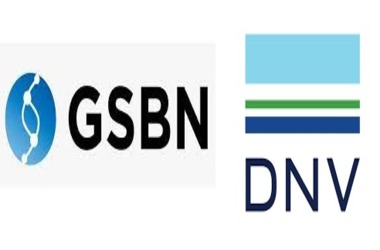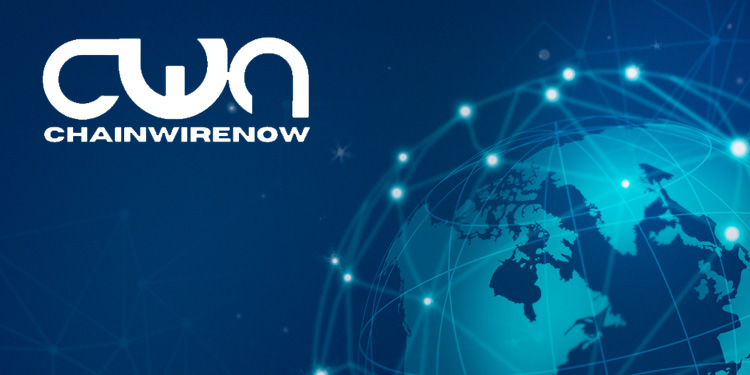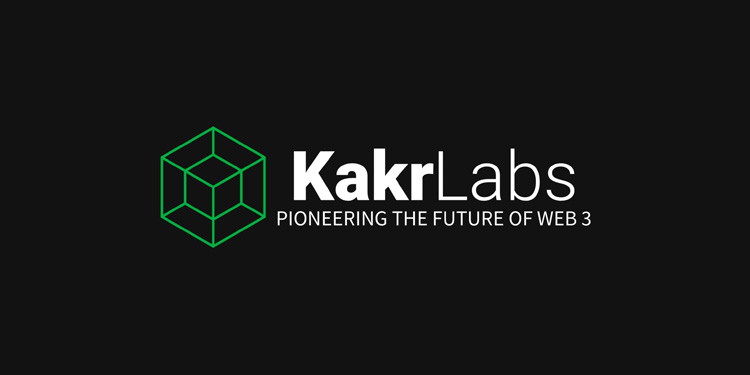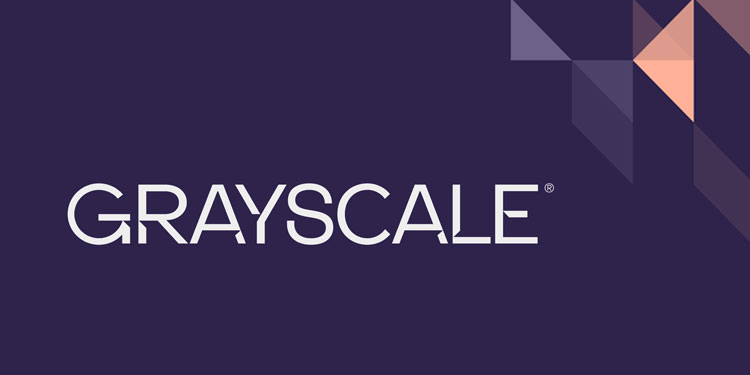 The Global Shipping Business Network (GSBN), a prominent maritime blockchain platform, has recently entered into a Memorandum of Understanding (MoU) with DNV, a leading provider of assurance services, to expedite the adoption of alternative fuels within the shipping industry. This collaboration aims to facilitate the sharing of verified data, particularly related to green claims, which is a pivotal step towards achieving accurate measurement and tracking of emissions reduction data across the supply chain.
The Global Shipping Business Network (GSBN), a prominent maritime blockchain platform, has recently entered into a Memorandum of Understanding (MoU) with DNV, a leading provider of assurance services, to expedite the adoption of alternative fuels within the shipping industry. This collaboration aims to facilitate the sharing of verified data, particularly related to green claims, which is a pivotal step towards achieving accurate measurement and tracking of emissions reduction data across the supply chain.
As the International Maritime Organization (IMO) intensifies its efforts to mitigate the environmental impact of the shipping sector, the accurate measurement and tracking of emissions reduction data have become imperative. Ensuring the reliability, comparability, and verifiability of companies’ claims regarding their environmental performance is crucial in this endeavor.
Verifying Emissions Reduction Data for Sustainable Shipping
DNV, recognizing the significance of this endeavor, has recently launched “Emissions Connect,” an emissions data verification engine designed to support the verification of operational data. Under the terms of the MoU, DNV and GSBN will join forces to carry out pilot projects with existing GSBN shipping line members. These projects will focus on connecting verified shipment data from DNV’s platform.
Bertrand Chen, the CEO of GSBN, emphasized the critical role of a robust data foundation in achieving large-scale shipping decarbonization. He stressed the necessity of verified data to enable trusted data sharing across the fragmented and complex supply chain. GSBN, with its extensive network of shipping members and robust blockchain infrastructure, is ideally positioned for this purpose. Through this collaboration with DNV, users of the platform will be able to share granular, verified data related to vessel operations with their end customers. This will not only support informed decision-making but also provide concrete evidence of sustainable shipping practices.
The Importance of Accurate Emissions Data
The maritime industry, responsible for a significant portion of global emissions, is under increasing pressure to transition towards more sustainable practices. Reducing greenhouse gas emissions and adopting alternative fuels are central to these efforts. However, to assess progress and uphold transparency, accurate measurement and tracking of emissions data are paramount.
The IMO, the United Nations agency responsible for regulating the shipping industry, has set ambitious goals for emissions reduction. Their strategy includes reducing the carbon intensity of international shipping by at least 40% by 2030 and striving to achieve a complete decarbonization of the sector by the second half of the century.
DNV’s Role in Data Verification
In response to the industry’s evolving needs, DNV has introduced Emissions Connect, a powerful tool for verifying emissions data. This platform has been designed to support the verification of operational data, ensuring that the information provided is accurate and can be trusted. The verification process not only aids in achieving compliance with environmental regulations but also helps companies build trust with their stakeholders and customers.
The Collaborative Efforts of GSBN and DNV
Recognizing the pivotal role of verified emissions data in advancing the shipping industry’s environmental agenda, GSBN and DNV have come together to collaborate on a significant initiative. The primary objective of this collaboration is to conduct pilot projects involving GSBN’s shipping line members. By connecting verified shipment data from DNV’s platform, they aim to set a new standard for data transparency and reliability in the industry.
Bertrand Chen, CEO at GSBN, believes that the success of shipping decarbonization on a large scale hinges on the establishment of a robust data foundation built on verified information. This foundation is instrumental in facilitating trusted data sharing throughout the intricate and multifaceted supply chain that characterizes the shipping industry.
He underscores that GSBN, with its extensive network of shipping members and robust blockchain infrastructure, is uniquely positioned to address this need. Through their partnership with DNV, GSBN’s platform users will have the capability to share verified data related to vessel operations in a highly detailed manner. This data sharing not only empowers end customers with valuable insights for decision-making but also serves as tangible evidence of the industry’s commitment to sustainable and environmentally responsible shipping practices.
In Conclusion
The collaboration between GSBN and DNV represents a significant step forward in the pursuit of sustainable and environmentally responsible shipping practices. By focusing on verified emissions data and promoting data transparency, this partnership aligns with the maritime industry’s broader efforts to reduce its carbon footprint and enhance its environmental performance. As the industry continues to evolve, partnerships like this one are crucial in driving the adoption of alternative fuels and mitigating the sector’s environmental impact.








